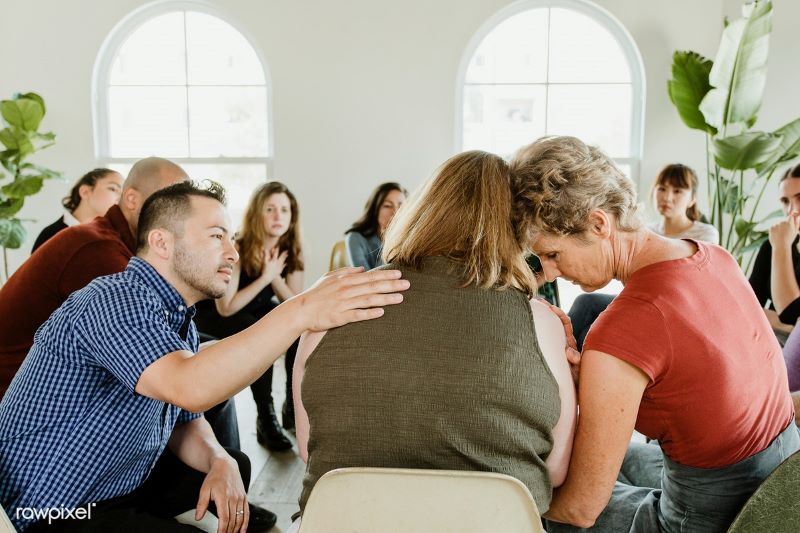How To Mourn In Times Of Pandemic COVID-19?
The pandemic situation we face is unprecedented. It has changed our way of living and experiencing the world and our way of dying and say farewell to those who die.
Grief is a normal process, product of our ability to bond deeply and have relationships that nourish and enrich us. It is an experience that deserves to be shared, accompanied and sustained by hugs, glances, words of affection and respectful silences.
It is the process that allows us to continue relating to the deceased person in a way that is no longer physical. Grieving in the company of loved ones – if we so wish – allows us not to feel alone in the face of pain.
Allowing us to carry out the process of mourning in times of the COVID 19 pandemic includes additional challenges, since in many places family visits are being restricted, which prevents us from being physically present with someone who is in an end of life process. This measure has been adopted in several countries and in most of our health services.
Each person has a particular way of reacting to a painful or difficult situation that is largely influenced by their personality, coping styles, the relationship with the deceased person and the circumstances of the deceased person’s death.
There are a variety of emotions and questions that appear and stay with us that we need to embrace in a loving way. Grief is part of life and each person will experience various sensations that do not deserve to be treated as pathology. If we are going through a loss, let’s not add more pain to what we already feel, let’s take care of ourselves as a priority. The context requires it.
Most people will carry out a healthy grief process, which will allow them to reach a new way of relating to that person and their physical absence. However, it is estimated that approximately 10% of mourners are at high risk for developing complicated grief reactions that would benefit from the intervention of a mental health professional.
Some possible risk factors that may indicate a troubled mourning process are: having a previous history of mental disorders, perceived or actual lack of social support, sudden or traumatic death, lack of preparation for the event, or deaths in contexts of hospital ICUs.
If we add to this the context of COVID 19, in which there will be many deaths related directly to the pandemic or indirectly due to other pathologies that have seen its management restricted globally – the repercussions in the medium term regarding Mental Health cannot be ignored.
We encounter restricted family visits as a measure to safeguard new infections, as well as mass farewells at the end of life. The high emotional load handled by health personnel can make communication with family members difficult. Funerals are not allowed except for a very limited number of participants, as are other farewell rites.
The social support that is usually present may not be so readily available at the moment or in ways that are not the usual ones. Family members and grieving people may have other stressors. Just turning on the TV can increase our anguish and prevent us from connecting with moments of pain so necessary for the grief to be elaborated.
If you know someone who is going through a painful loss or is your situation, there are red flags that we should be aware of for help:
- The existence of thoughts of death
- Inability to function in different personal and professional roles
- Feeling sad most of the time, with the attending inability to connect with enjoyment, and the life that follows, which in part allow us to balance the pain.
- Use of distraction elements that are harmful, such as increased consumption of alcohol and other substances of problematic use.
If you feel that you are having a hard time dealing with the loss in addition to having to deal with other circumstances, it is time to pause and try to identify what is necessary to continue, even years after the loss.
Psychological therapy can provide you the support required to be able to explore and connect with painful feelings and / or memories, and – if needed – antidepressants can be sometimes indicated to support therapy. On the other hand, certain commonly used tranquilizers can, on the contrary, interfere with the natural grieving process.
Cristina Sade, MD
Psychiatrist
Team Psiquiatras Online


